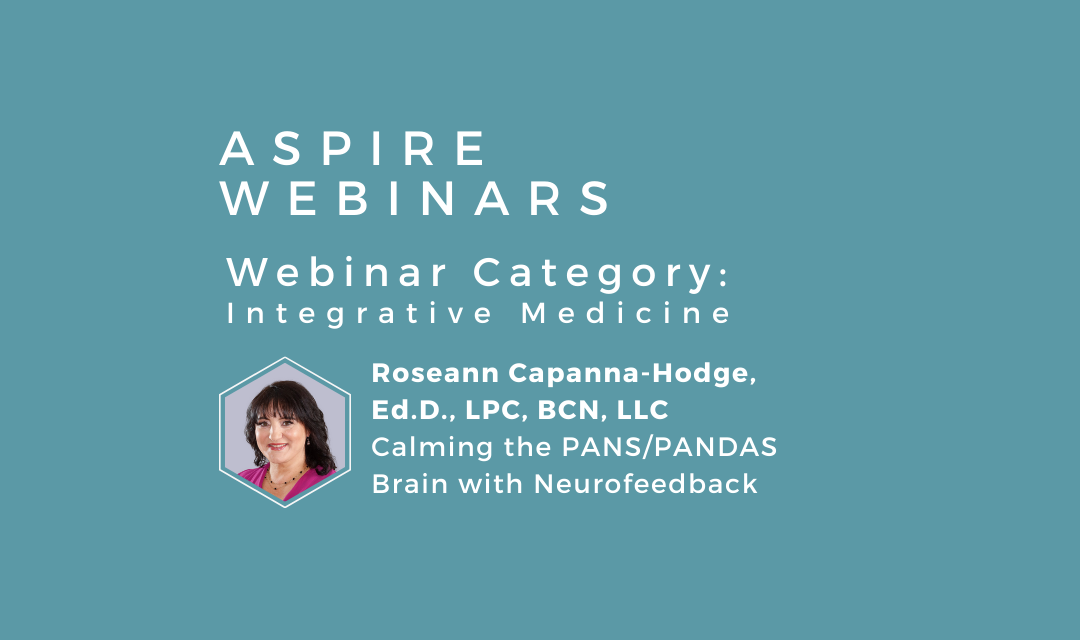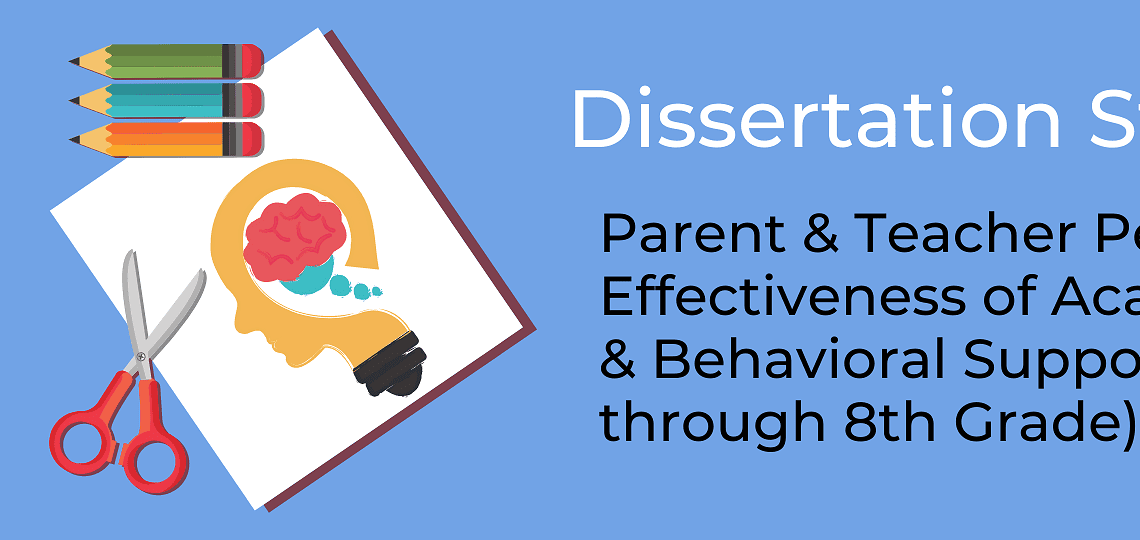Adverse Childhood Events, Post-Traumatic Stress Disorder, Infectious Encephalopathies and Immune-Mediated Disease
Citation: Bransfield, R.C. Adverse Childhood Events, Post-Traumatic Stress Disorder, Infectious Encephalopathies and Immune-Mediated Disease. Healthcare 2022, 10, 1127. https://doi.org/10.3390/healthcare10061127 “In summary, insight into the underlying pathophysiology of Adverse Childhood Events, […]
Read more



